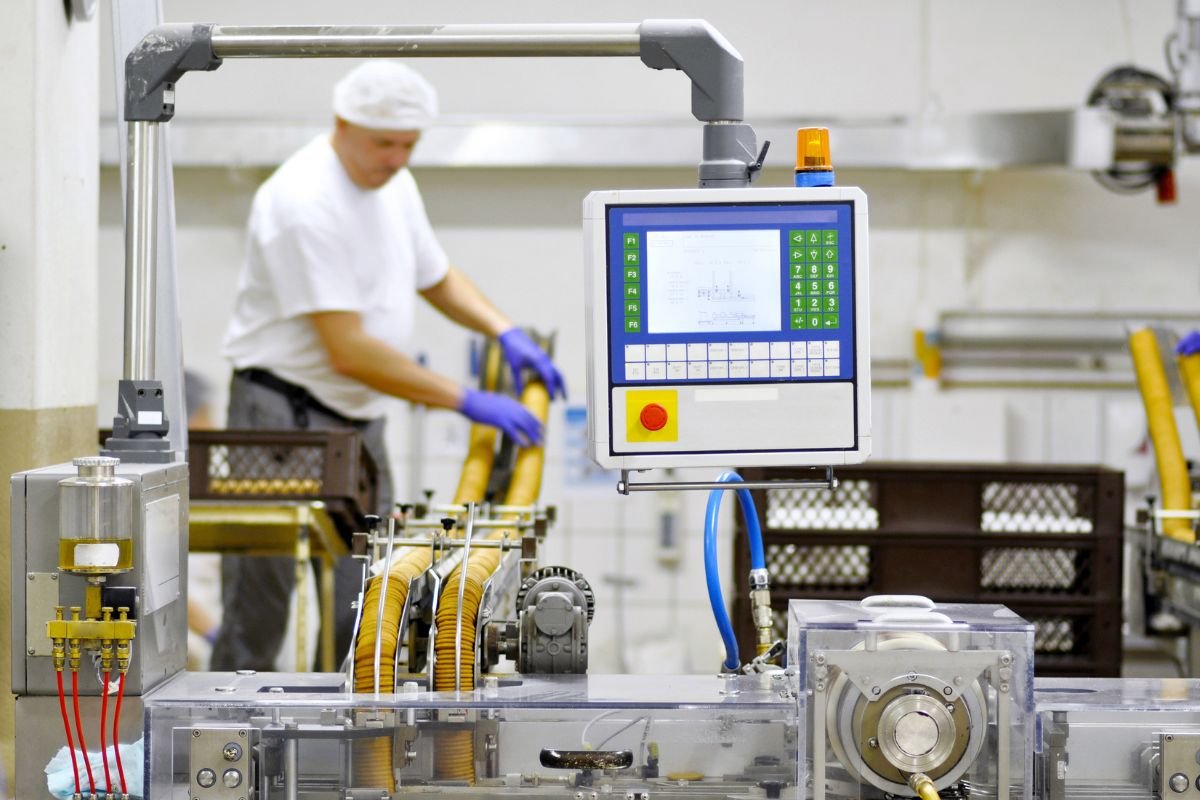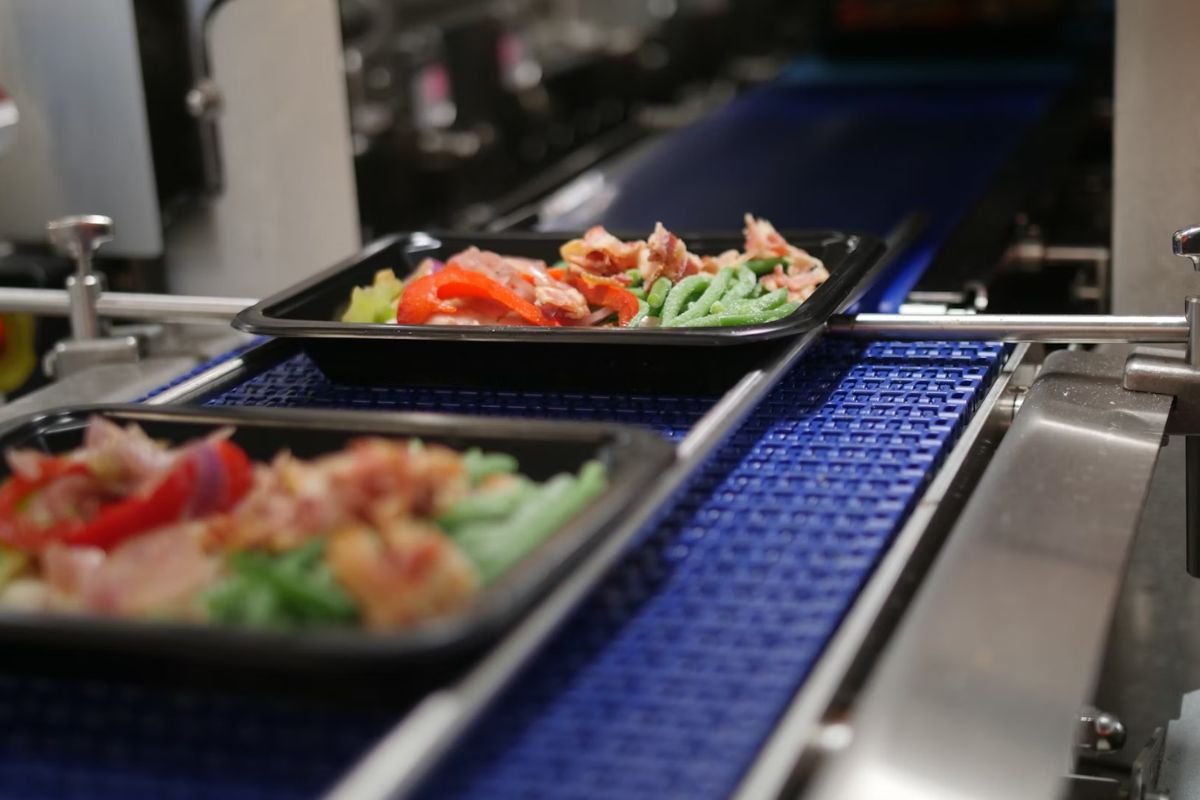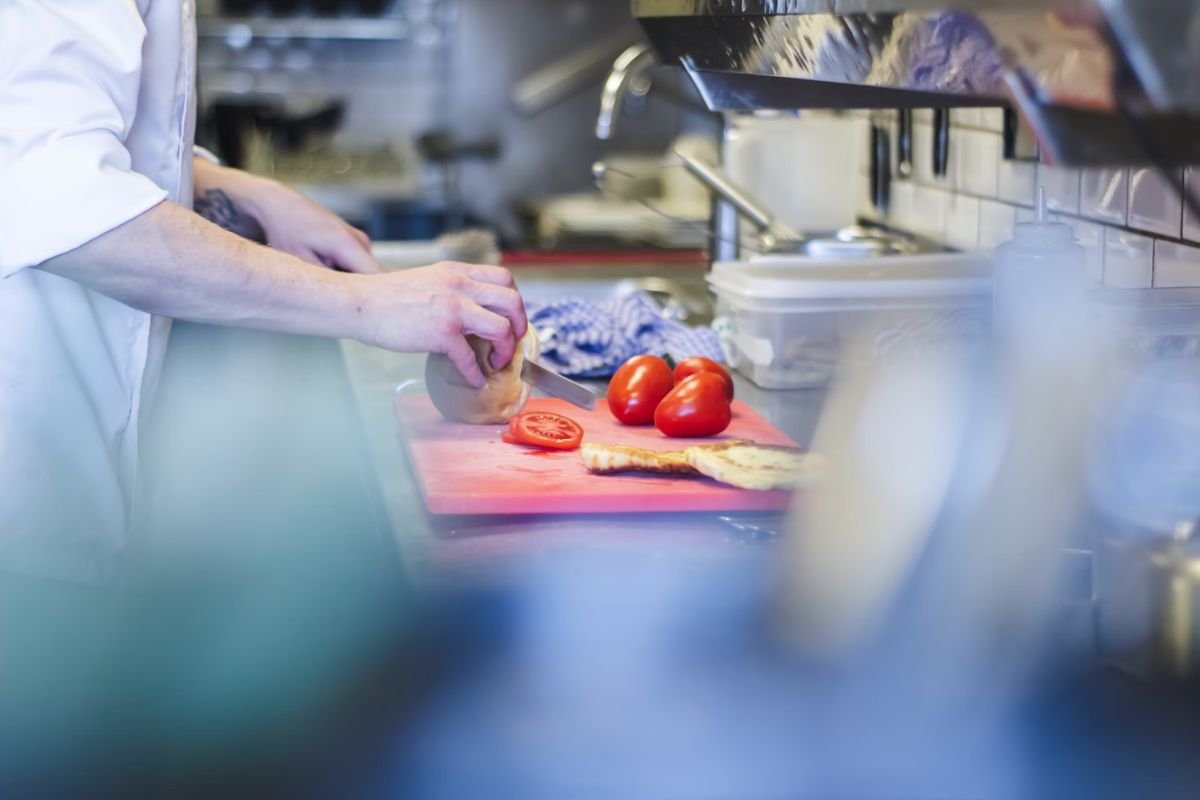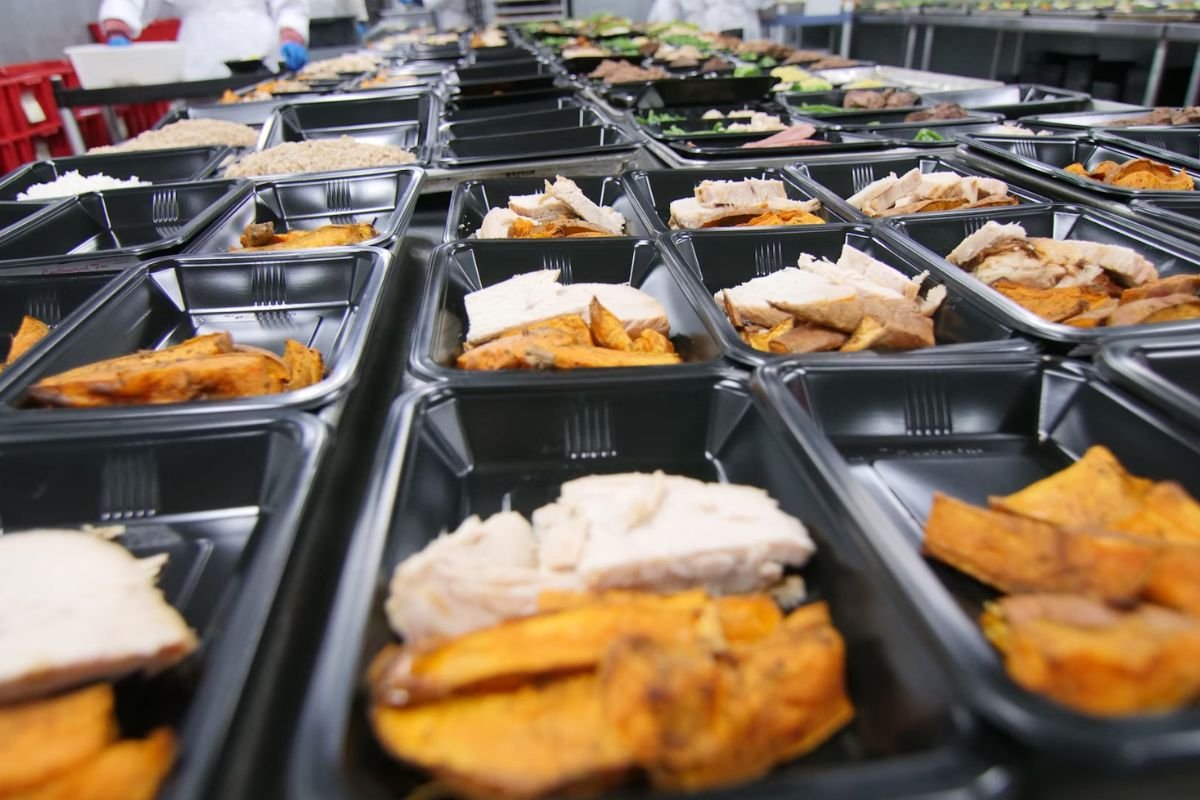Food processing is a massive global industry and something that will always be in demand. But setting up a company in this sector and getting it right is challenging. There are so many pitfalls, and many businesses wind up going out of business in the first few months.
Fortunately, you can prevent this from happening by following some simple do’s and don’ts. It doesn’t take much!
Do’s & Don’ts for setting up a food processing plant:
1. Don’t Overcomplicate Your Processes
It’s tempting to overcomplicate your processes when setting up a food processing plant. But we’d advise against it. Trying to do too much is often unnecessary, doesn’t add to your product, and can cause your costs to rise massively.
Fortunately, food does most of the work for you by tasting great. Therefore, focus on simplifying where you can and reducing your reliance on complicated machinery.
2. Do Scale Efficiently
On the other side of things, it is a good idea to plan to scale efficiently. You never know when you’re going to get a massive order and need to increase your capacity.
One option is to build redundancy into your processes so you always have spare capacity at every step of the production line. However, this approach can be quite expensive.
Another approach is to design a facility with expansion in mind and plan for where new equipment will go if the need arises.
3. Don’t Ignore Technology
When setting up a food processing company, pay special attention to technology. Ensure you have all the systems you need to manage your operation effectively.

If you don’t have the right tech, it can slow production and increase your costs. It can also cause inefficiencies.
4. Do Increase Workforce Training
It’s also a good idea to invest in staff training when setting up a food processing plant. The more competent they feel, the more likely they will be to work effectively.
Most companies in the food processing sector focus mainly on health and safety. These reduce the risk of accidents and ensure that you have a healthier, better working environment.
However, there’s also the possibility of developing skills that might increase the efficiency of your plant even more (and boost output quality). For example, you could train QAs to monitor batches and check they are safe for consumption.
5. Don’t Underestimate Costs
At the same time, avoid the temptation to underestimate costs when setting up a food processing plant. It’s not cheap.
While facilities and equipment take up the lion’s share of the cost to your company, you should also think about ongoing maintenance and compliance requirements. Knowing how much it is going to set you back to keep a plant open is essential if you want your business to be viable long-term.
6. Do Consider Your Supplier Relationships
When setting up a food production business, you also want to consider your supplier relationships. Forging close ties will help you secure a reliable flow of inputs.

Getting to the point where you are your suppliers’ priority can take time. Therefore, always keep some stock in reserve, just in case you are further down on the list than their leading clients. Then, over time, build your business, increase your orders, and look for contractual options to give you preferential treatment.
7. Don’t Understaff Your Plant
Another key piece of advice is to avoid understaffing your plant. Don’t put too much work on too few shoulders.
Understaffing is dangerous, not only because of the risk of overwork but also because staff don’t always show up. Missing just one person can sometimes be the difference between keeping a plant open and closing it.

Furthermore, you want as many people on your team to know what they’re doing as possible. Highly skilled workers can fix problems on the fly and even improve how your business works over time.
8. Do Buy In Bulk
You should also focus on buying crucial inputs like sodium hydroxide in bulk. If you adopt a piecemeal approach, you are much more likely to have higher costs than your rivals, making your product less competitive and reducing your margins.
Therefore, when setting up a food processing plant, look for storage facilities nearby. These are invaluable when you rely on large volumes of bulk inputs to keep your operations going.
9. Don’t Ignore The Market
Lastly, don’t ignore market feedback when setting up your production lines. Be flexible and leave room to adapt to new demands and requirements if necessary.
Think carefully about what market participants want and how your business can help them. Review feedback regularly and make changes where possible when setting up a food processing plant.









